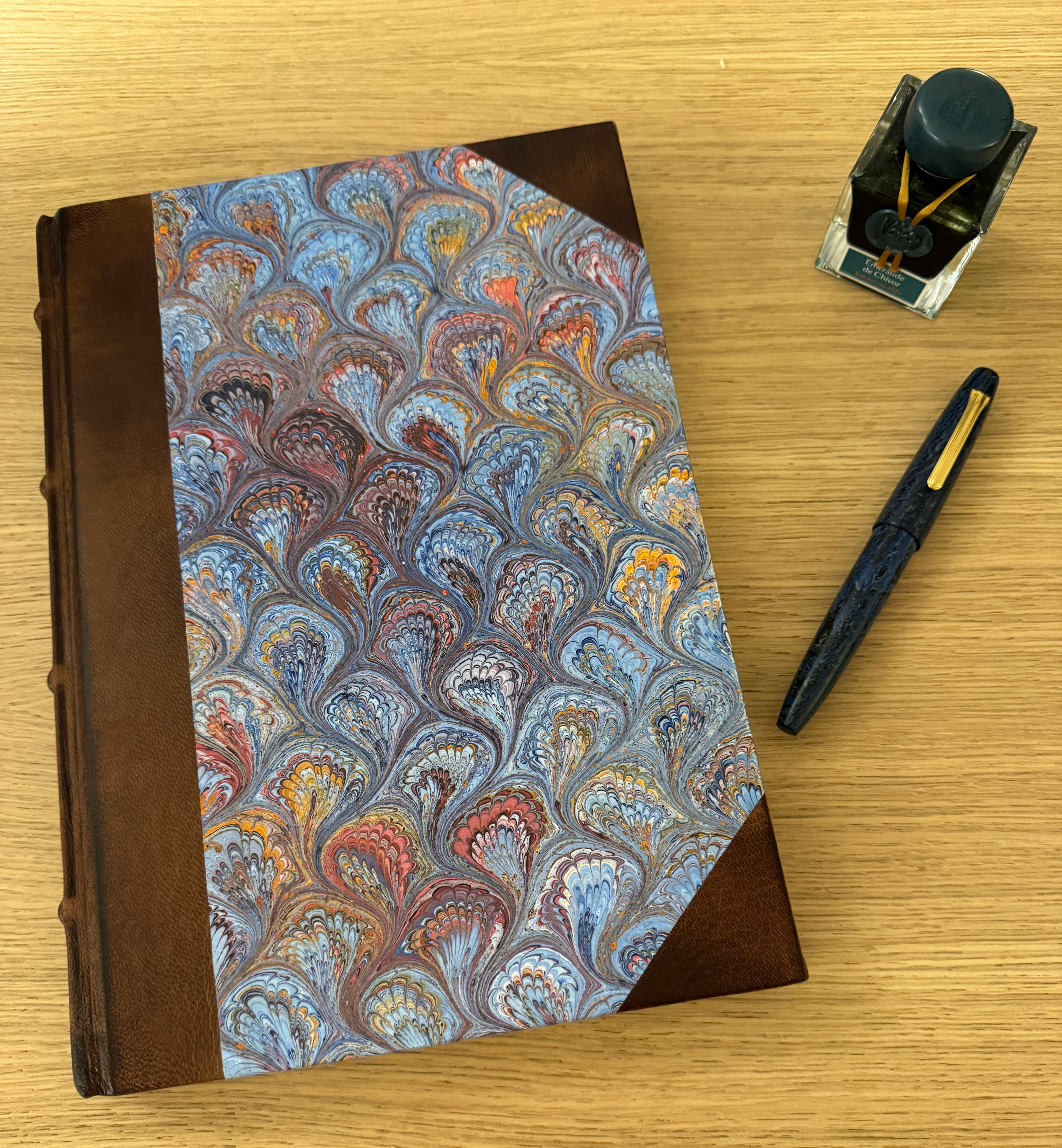We are moving to UIUC Physics in the fall of 2025.
We'll join a vibrant community that includes:
• NSF Science & Technology Center for Quantitative Cell Biology
• Center for Biophysics & Quantitative Biology
• Beckman Institute for Advanced Science & Technology
• Carl Woese Institute for Genomic Biology
Youk Lab

Welcome to the Youk laboratory!
We are part of the Department of Physics at the University of Illinois Urbana-Champaign (UIUC).
Our lab aims to understand how living systems bidirectionally transition between being alive and being either truly dead or seemingly dead. We try to identify all the ways in which these transitions can occur. By doing so, we hope to discover common, quantitative principles that underlie them. We are particularly eager to unveil principles that allow life to be restarted after it has nearly/completely ceased. Our studies use microbes and mammalian cells (e.g., yeasts and mouse embryonic stem cells). We combine experiments, mathematical models, and ideas rooted in statistical physics to achieve our goal.
Why are we doing this?
Despite the remarkable advances in science, "what is life?" is a long-standing, deceptively simple-to-state question that still remains dificult to quantitatively address at a deep level. The same is true for the related questions, "what is death?" and "can we revive any dead things?". Every molecule in a cell (e.g., DNA, RNA, protein) is governed by the same laws and principles of physics and chemistry as non-living systems. Yet, unlike non-living systems such as rocks and metals, biomolecules can interact amongst themselves to somehow endow a cell with "life" and all the remarkable behaviors associated with a living state (e.g., making decisions, processing information, cognition). Microscopic cells, too, can interact amongst them to endow life to macroscopic beings. How does a state of living emerge from interacting molecules and cells? We hope that our work can reveal how small and large-scale networks of molecules and cells engender life, death, and revival. Beneath the molecular mechanisms that are speciic to each organism, we believe that there may be quantitative principles that are common to many different cell types and organisms.



